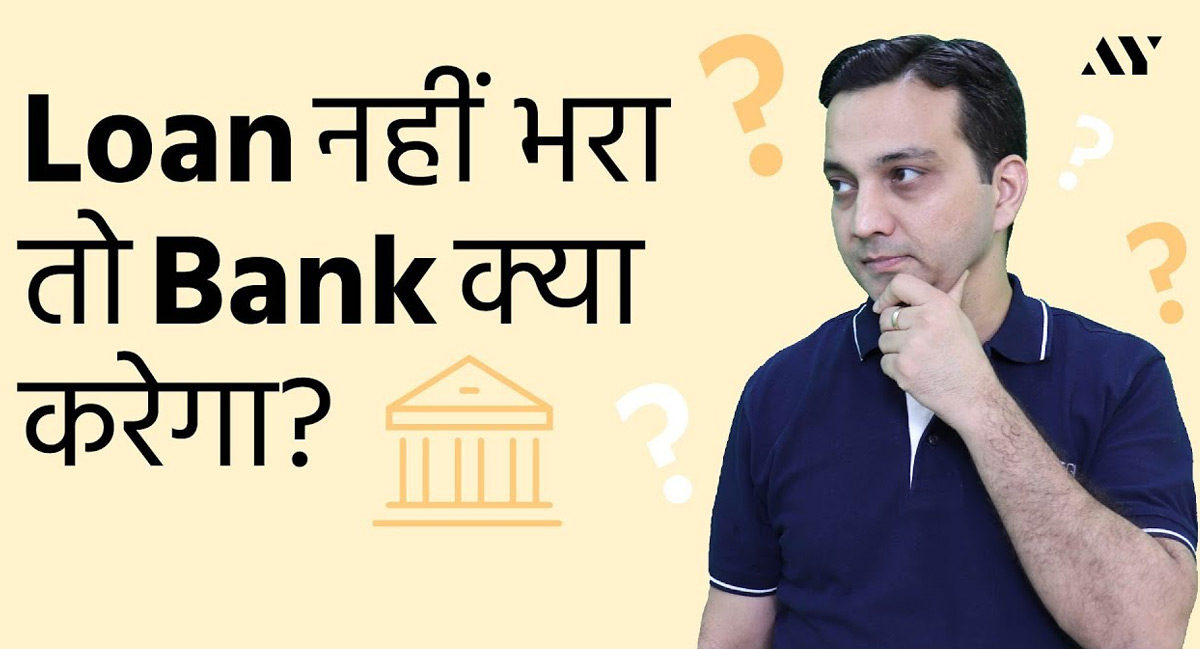When you accept a personal loan from a lender, you legally agree to repay the debt in the time frame specified. Despite your best efforts, it’s possible that your plan won’t go exactly as planned when it comes to paying back the loan. Due to unforeseen circumstances, you can skip one payment, then another, and before you know it, you’ve acquired the status of a personal loan defaulter. So what happens if you make a mistake? It’s critical to understand how a personal loan default impacts you, your credit score, and your way of life.
What is personal loan EMI default, and who is a loan defaulter?
One EMI payment missed does not qualify as a default. Your lender flags you as a defaulter after you miss a number of EMI payments. There may be a grace period provided by some lenders after the due date during which you can make the payment; in this case, a late fee will apply, but you won’t be considered in default.
There are a number of repercussions that may happen when an EMI (Equated Monthly Installment) is missed. Here are some possibilities:
- Late payment fees: In the beginning, the lender usually applies late payment fines or penalties if a borrower misses the EMI due date. These fees can be a fixed amount or a percentage of the past-due amount, depending on the loan agreement.
- Negative impact on credit score: The borrower’s credit score may suffer through nonpayment or late payments. Credit reporting agencies monitor a person’s credit behaviour, including loan repayments. If there is a default, the lender could notify the credit bureaus, which could reduce your credit score. A lower credit score can make it more difficult to get future loans or credit cards and may result in higher borrowing interest rates.
- Increased interest or penalties: Loan agreements frequently have provisions stating higher interest rates or additional fines in the event of failure. These clauses are designed to safeguard the lender and encourage prompt payments from borrowers.
- Collection efforts: Lenders often start collection actions when a borrower defaults to recoup the unpaid loan. This can entail getting in touch with the borrower via letters, calls, or emails to remind them of the past-due fees and to discuss a repayment strategy. Lenders occasionally contract with outside collection firms to handle the debt recovery.
- Legal action: The lender may take legal action if the borrower repeatedly misses payments and refuses to cooperate with the lender’s efforts at collection. This could involve suing the borrower to seek a court order requiring repayment. If the lender is successful, they may be given the right to take the borrower’s property, garnish their pay, or impose a lien on their property in order to recoup the debt.
- Asset repossession: The lender may have the power to seize the asset in the event of failure when the loan is secured by collateral (such as a car loan or a mortgage). By selling the collateral, a lender who has taken possession may be able to recoup the outstanding loan.
It’s crucial to keep in mind that the repercussions of defaulting on a loan can change based on elements including the type of loan, regional laws, and the conditions stated in the loan agreement.
It is advised to speak with your lender right away if you are having trouble making loan payments to go over available alternatives or restructuring possibilities.



